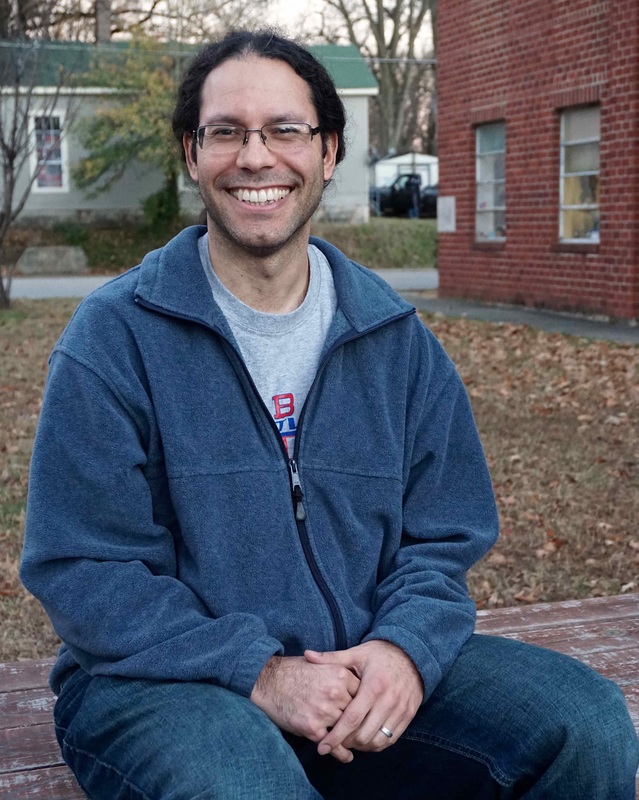“Our house was full of music when I was growing up. My mother was from Minnesota, and she’d met my father in Quito, Ecuador, where she’d gone to volunteer. They were both very interested in the traditional music of that region, and that’s what brought them together. My father was part of the New Song Movement in Ecuador, which was a lot like the folk song movement in America in the 60’s. It was a form of activism that addressed social and political issues like inequality, injustice, oppression, and war. As part of my father’s expression of solidarity with those who had been marginalized, he built and played traditional instruments. Through that, he demonstrated that the rhythms, tonalities, vocals, and musical interpretations of that culture mattered, and therefore the people mattered. When my parents moved to the States, my father continued to perform Ecuadorian music, and my mother joined him. She teaches a music/culture/Spanish class in an elementary school now, and my father is an artist-in-residence who goes all over the state of Minnesota conducting music and culture workshops with students. Both my parents emphasize that it’s not just about the music; it’s the cultural context and the importance of preserving Latin heritage that drives what they do.
“I’ve continued that tradition. I wrote my Musicology dissertation on a genre of music called La Bomba, and as part of the research, I went to Ecuador, to the area where my father grew up. My father is Afro-Ecuadorian, so that music is part of the heritage he and I share.
“I teach high school Spanish now, and I’m hoping to incorporate more of the musical and cultural context of the language as time goes on. I’d like to see kids of Hispanic descent valuing their heritage rather than shunning or disregarding it. Being a part of two cultures can enrich their lives and give them a unique perspective that other people don’t necessarily have. It becomes more meaningful as you get older and becomes more important professionally as well. You don’t have to choose the American culture and reject the Hispanic one or choose the Hispanic heritage and reject the American. You are between the two. There is great value in embracing both.”
“I’ve continued that tradition. I wrote my Musicology dissertation on a genre of music called La Bomba, and as part of the research, I went to Ecuador, to the area where my father grew up. My father is Afro-Ecuadorian, so that music is part of the heritage he and I share.
“I teach high school Spanish now, and I’m hoping to incorporate more of the musical and cultural context of the language as time goes on. I’d like to see kids of Hispanic descent valuing their heritage rather than shunning or disregarding it. Being a part of two cultures can enrich their lives and give them a unique perspective that other people don’t necessarily have. It becomes more meaningful as you get older and becomes more important professionally as well. You don’t have to choose the American culture and reject the Hispanic one or choose the Hispanic heritage and reject the American. You are between the two. There is great value in embracing both.”
Francisco D. Lara, PhD in Musicology from Florida State University
Dissertation: La Bomba es Vida (La Bomba is Life)
YouTube: La Bomba music
Dissertation: La Bomba es Vida (La Bomba is Life)
YouTube: La Bomba music

 RSS Feed
RSS Feed